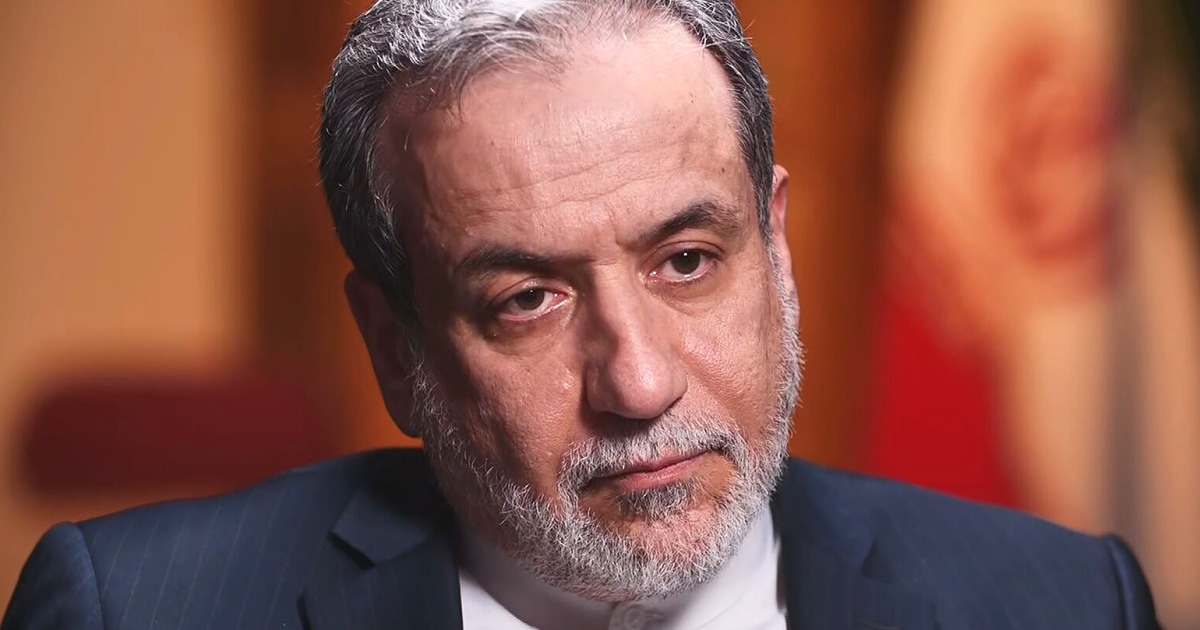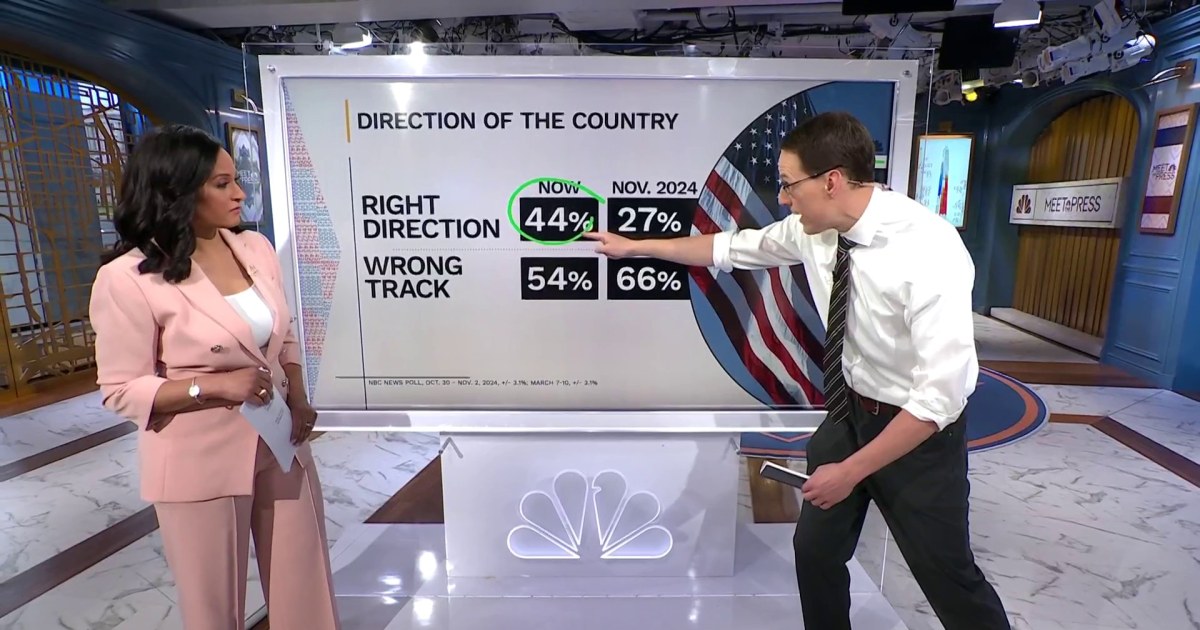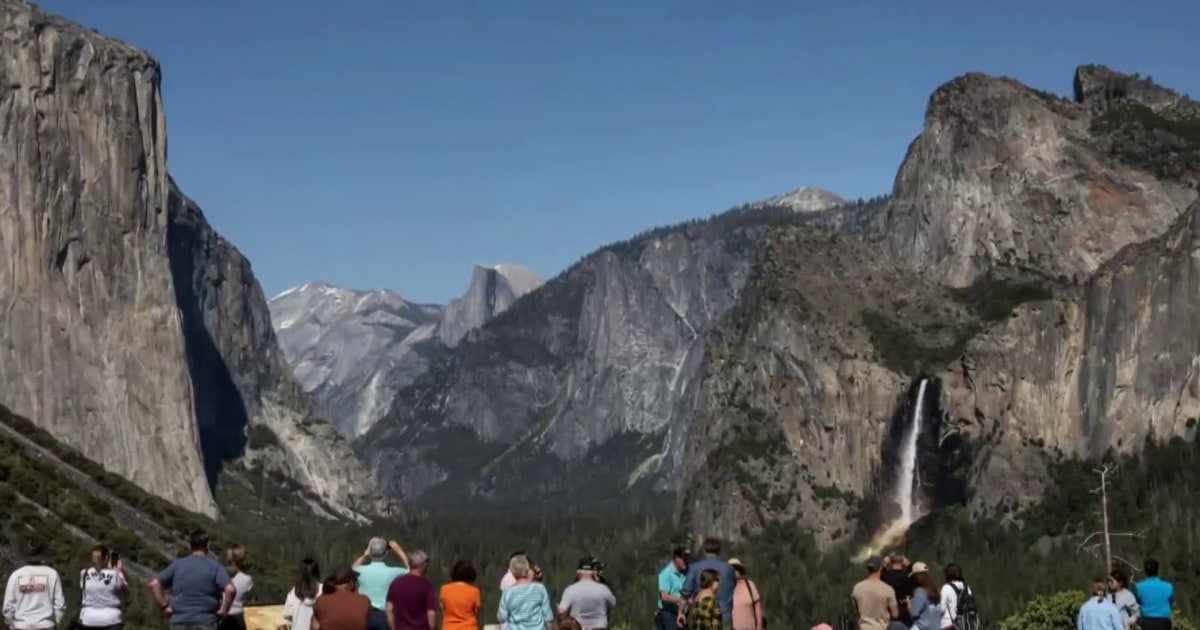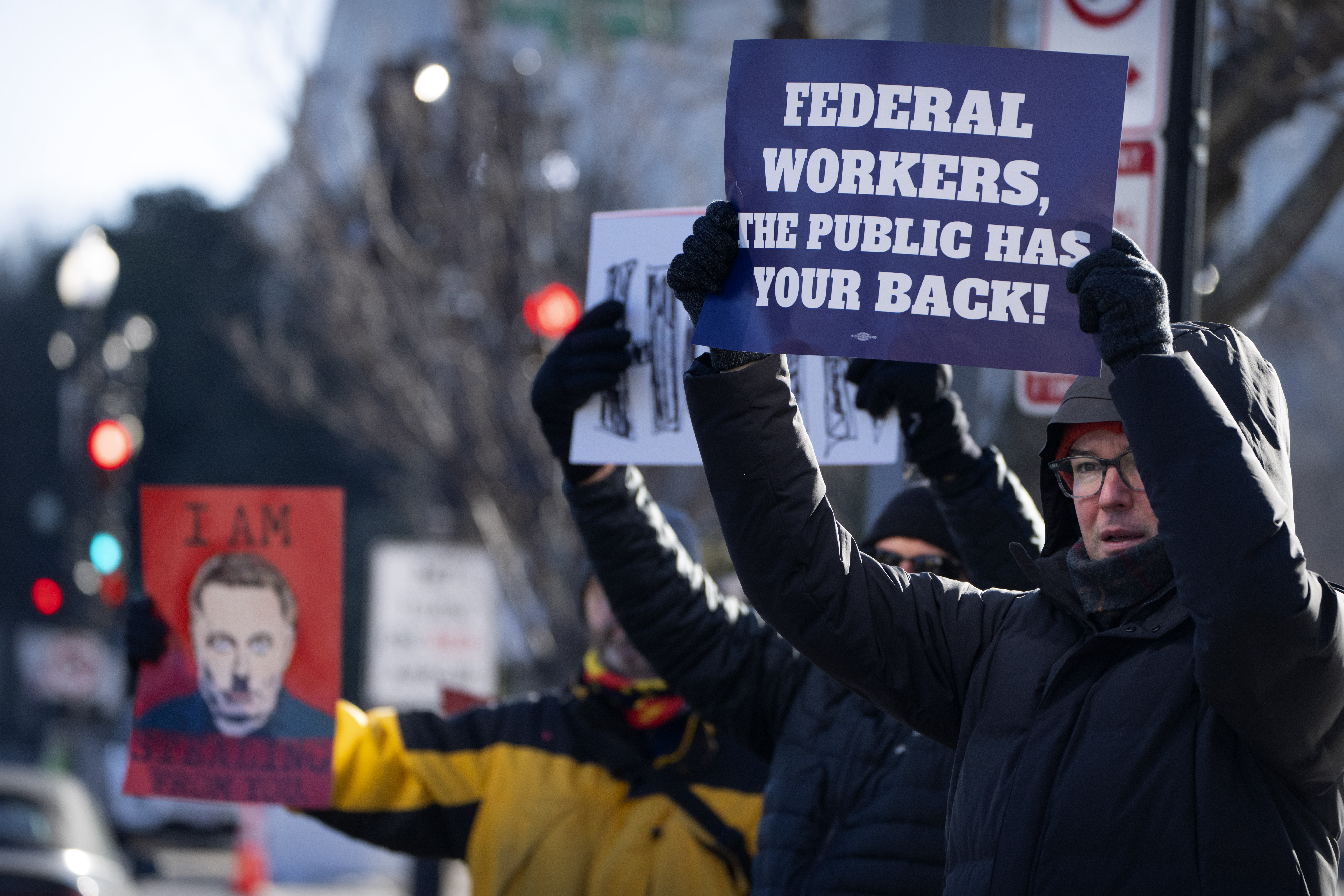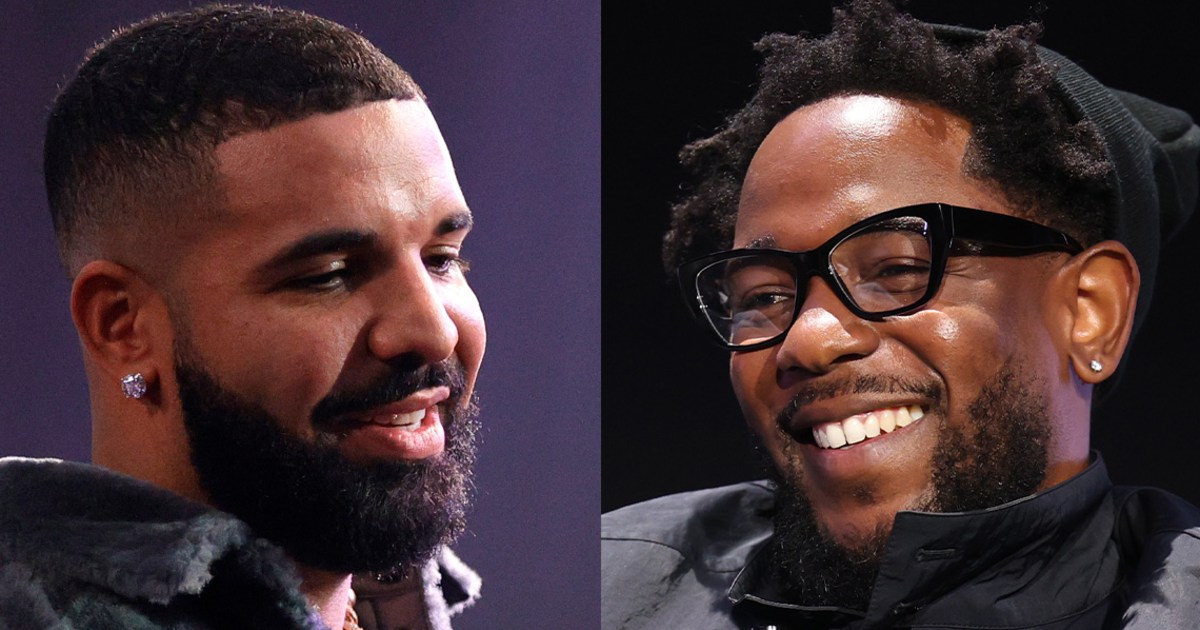Iran is uncertain whether it can trust the United States in diplomatic talks after Israel launched an aerial attack on the country only days before scheduled negotiations with American officials, Iranian Foreign Minister Abbas Araghchi said Friday in an exclusive interview with NBC News.
Asked by NBC News’ Andrea Mitchell whether a deal with the United States could be reached within the two-week time frame recently given by President Donald Trump, Araghchi said it was up to the Trump administration “to show their determination for going for a negotiated solution.”
But he suggested Washington was perhaps not genuinely interested in diplomacy and had merely used talks as a “cover” for Israel’s air attack.
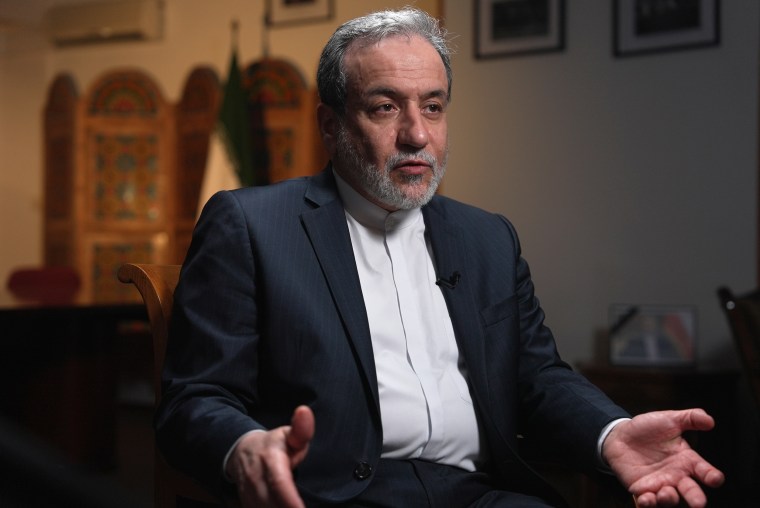
At her Thursday briefing, White House press secretary Karoline Leavitt delivered what she said was a message from Trump: “Based on the fact that there’s a substantial chance of negotiations that may or may not take place with Iran in the near future, I will make my decision whether or not to go within the next two weeks.” (Promising some action or decision in “two weeks” is a frequent thing for Trump — he has done so over a dozen times just in the last two months — and he often does not make good on it.)
Israel, a staunch U.S. ally, last week launched airstrikes two days before a sixth round of negotiations between U.S. and Iranian officials, with intermediaries from Oman, had been scheduled to take place. U.S. officials said the administration was not involved in the Israeli military operation.
“So they had perhaps this plan in their mind, and they just needed negotiations perhaps to cover it up,” Araghchi said. “We don’t know how we can trust them anymore. What they did was, in fact, a betrayal to diplomacy.”
During the interview, which was conducted in Geneva after he held talks with European top diplomats, Araghchi said that his government was ready to negotiate but that Israel first had to halt its aerial attacks on Iran.
“We’re not prepared to negotiate with them anymore, as long as the aggression continues,” he said.
Araghchi said Iran would not give up uranium enrichment as Trump has demanded, and he said he had made that clear to U.S. envoy Steve Witkoff.
“I told him several times zero enrichment is impossible,” he said.
Every country has the right to enrich uranium for peaceful purposes, Araghchi said.
“This is an achievement of our own scientists. It’s a question of national pride and dignity,” he said.
As for Witkoff, Araghchi said he appeared unable to deliver on what had been discussed in previous meetings.
“I think he is a gentleman, somebody you can work with, but unfortunately, he changed his words every time we met. So maybe that was because he couldn’t deliver what he promised to us,” Araghchi said.
He added, “There is a lack of confidence now between us because he didn’t deliver his promises and what he told us that we can do.”
He and Witkoff do continue to communicate, though, he said.
“There are some direct messages, some indirect messages we’re exchanging,” Araghchi said. “And we have explained each other’s positions to each other in order to prevent misunderstandings.”
He added that “doesn’t mean negotiation. They have asked us to negotiate, but we negotiate only when it is negotiation and not dictation.”
Araghchi also said the bombing of Iran’s nuclear facilities could not destroy the technical “knowledge” Iran has developed in its nuclear program.
“Suppose they destroy one facility or two,” he said. “We can rebuild them, because the knowledge is here, the technology is there. We have achieved that ourselves, and the technology cannot be reversed, cannot be destroyed by bombs.”
If Trump decides to have the United States strike Iran, Araghchi said, his government reserves the right to retaliate, as it has done against Israel.
“When there is a war, both sides attack each other. That’s quite understandable. And self-defense is a legitimate right of every country,” Araghchi said.
He added that “if the U.S. joins Israel in these attacks, we will do the same.”
Addressing Israel’s threat to target Iran’s supreme leader, Ayatollah Ali Khamenei, Araghchi said that such an act “would be the biggest crime they can commit” but that “they won’t be able to do that.”
The supreme leader, who has held power in Iran since 1989, is an unelected Shiite cleric who holds ultimate political authority in the Islamic Republic and can overrule the elected parliament and president.
Araghchi said Khamenei “has millions of followers, not only in Iran but in other countries.”
Trump has said the United States knows where Khamenei is but is not planning to target him, “at least not for now.”
Asked whether he regarded Trump’s comments as a threat, Araghchi said: “I see it more as an insult. And I’m amazed how the president of the so-called superpower can talk like this. We have always talked about President Trump respectfully.”
Araghchi added that it was “certainly not acceptable the way that he talked about our respected leader.”
To revive negotiations between Iran and the United States, Washington only needs to tell Israel to halt its airstrikes on Iran, he said.
“I think if Americans are serious to go back to diplomacy, what it needs is only a telephone call from Washington to Tel Aviv to stop everything,” he said.
“They can stop this process very quickly, and then we will consider diplomacy once again.”
Trump and Israeli Prime Minister Benjamin Netanyahu have raised the possibility that the Iranian regime could collapse because of the effect of the Israeli bombardment. But Araghchi said Iran endured a long war against Iraq shortly after the 1979 revolution and would persevere in the current conflict.
He said that Iranians have a long history of independence and that he hopes Trump “understands Iranians and our pride and dignity.”
“We are a great nation. We have lived … for thousands of years in that place. We have never been a colony of any other power. We have been always independent,” he said. “We are the cradle of civilization, the Persian civilization. So all those things cannot be bombed away.”
Araghchi is an experienced diplomat who was one of the top negotiators of the 2015 nuclear deal between Tehran and world powers. That agreement limited Iran’s nuclear work in return for an easing of U.S. and international sanctions. In his first term, Trump withdrew the United States from the accord.

